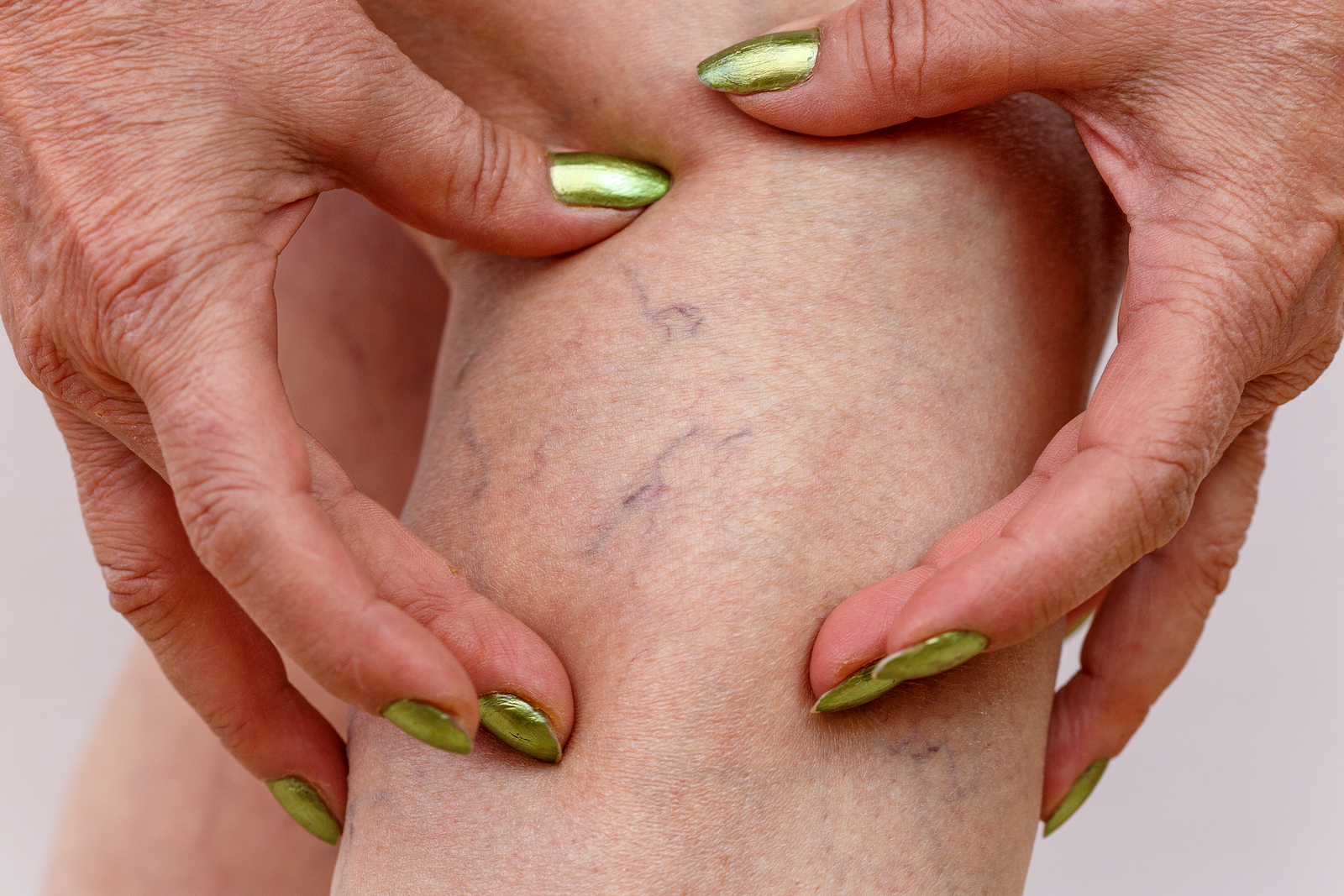A blood clot is a clump of inflammatory blood cells, particles, and proteins that adhere together to create a solid or semi-solid mass. This lump, or thrombus, may obstruct blood flow through a vein, resulting in a backup of blood behind that spot. Some blood clots break free and migrate via veins to other body parts, such as the heart or lungs. These clots, known as emboli, may cause major health problems and even death. Luckily, with the right prep, there are ways to prevent blood clots from occurring. Whether in-home care helps your senior or you handle their care, these tips can help prevent blood clots.
Stay Active Through The Golden Years
Inactivity, such as sitting for lengthy periods on a long-haul trip or being immobile after a catastrophic accident or surgery, is one of the risk factors for Deep Vein Thrombosis, or DVT. The amount of physical activity you should strive for will be determined by many variables, including age, existing health concerns, and the length of time since your DVT. Creating an exercise plan after surgery or an accident will help a senior stick with a routine and reduce the risk of blood clots. In-home care may help encourage your seniors to move around every day and ensure they are sticking to some type of routine.
Focus On Being a Healthy Weight
DVT risk increases with obesity. Having excess weight makes it more difficult for blood to flow back up the body from the legs and reach the heart and lungs, putting those who are overweight or obese at increased risk of forming blood clots. It's also important to note that being overweight can lead to a decrease in physical activity and a worsening of venous insufficiency, both of which can cause blood to pool in the legs and, in extreme cases, cause clots to form. If your elderly loved one is overweight, it's time to consider a weight loss plan focusing on movement and nutrition.
Encourage a Senior to Quit Smoking
One of the most significant causes of DVT is cigarette smoking. Cigarette smoke is harmful because it raises blood cholesterol levels, inflames blood vessels, and harms the heart and lungs. Blood platelets, which clump together to form a clot in the event of a cut or other bleeding, are negatively affected by smoking, both in terms of quantity and quality.
Keep Hydration In Mind
Some seniors forget to drink water, and it can be a deadly mistake. Dehydration plays a role in the onset of slow blood flow, which may lead to clot formation. The inability of blood to adequately circulate through veins is one reason dehydration exacerbates clots' development. In-home care emphasizes the need to keep hydrated even while sedentary to maintain blood flow to the legs.
Find Ways to Cope With Stress
Maintaining heart health, including avoiding DVT, largely depends on one's ability to deal with stress. Due to stress, blood pressure and inflammation may rise. Both of these raise the danger of developing a blood clot, which can lead to a heart attack or stroke. Methods for dealing with stress may take many forms. To begin managing stress, try engaging in acts of gratitude, spending time in nature, and doing deep breathing exercises.














